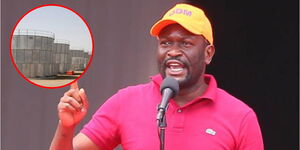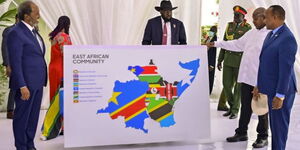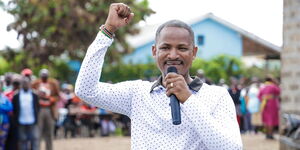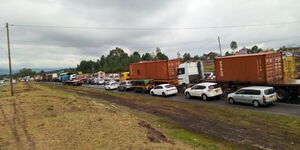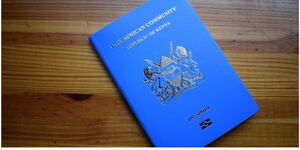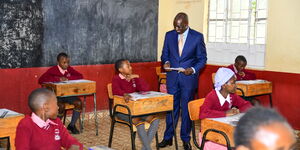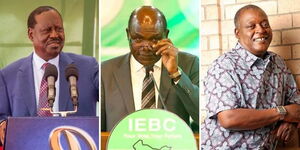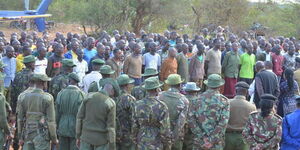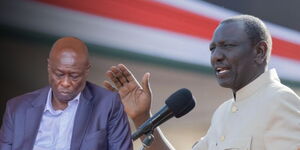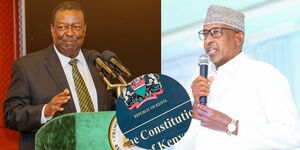Claims made by President Uhuru Kenyatta's cousin, Beth Mugo, in a past candid interview have been reviewed for accuracy and their basis in science put to question by a leading fact-checker.
On Friday, October 11, Africa Check stated that cancer survivor and Nominated Senator, Beth Mugo's association of some foods to causing cancer was not supported by science.
Africa Check is a non-profit fact-checking organisation set up in 2012 to promote accuracy in public debate and the media in Africa.
The organisation referred to an interview Mugo gave in 2016 where she linked soya foods to cancer.
"In a now-viral 2016 TV interview, Beth Mugo stated that her doctor had warned her not to touch soya foods as they were strongly linked to cancer.
"Experts told Africa Check soya was healthy and could, in fact, help prevent cancer," Africa Check stated.
It, however, observed that the possibilities of the food being associated with some forms of cancer was subject to further research.
"But the risks of breast cancer from dietary supplements containing soya are still the subject of research," the organisation argued.
In 2011, Mugo was diagnosed with breast cancer and had decided to keep her illness to herself. She later changed her mind and became a cancer crusader.
“My first instinct was to keep it secret because of the stigma associated with this disease in Kenya," Mugo stated in a past interview.
Her story generated a lot of media attention and encouraged many women in Kenya to get screened.
In 2016, she decided to increase her efforts to support cancer patients even further by setting up the Beth Mugo Cancer Foundation (BMCF).
The foundation promotes access to information, detection and the treatment of breast, cervical and prostate cancer.
EDITOR'S NOTE: An earlier version of this article had erroneously indicated that the fact-checker, Africa Check, had sent a press statement newsrooms inadvertently misrepresenting the organisation's intentions of making fact checks available without it making accusations. This has since been corrected to represent a better interpretation of the fact-checkers' positioning in the fight against online misinformation.


